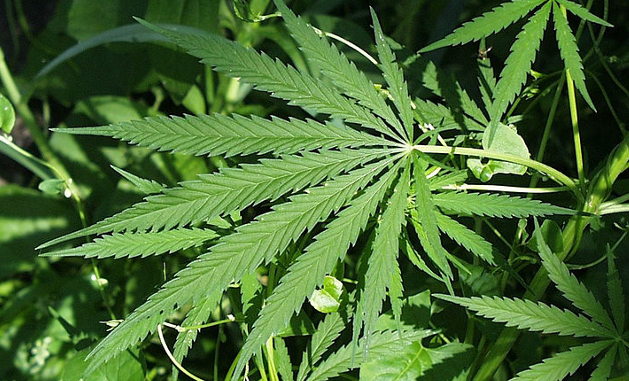An initiative to amend the Nebraska Constitution to establish a “right to use all plants in the genus Cannabis” for individuals 21 years of age or older was filed on Aug. 18. This is the fifth initiative filed to effectively legalize recreational marijuana since 2018. None has ever submitted enough valid signatures to qualify for the ballot.
In Nebraska, the number of signatures required to qualify an initiated constitutional amendment for the ballot is equal to 10 percent of registered voters as of the deadline for filing signatures. Because the requirement is based on the number of registered voters, petition sponsors cannot know the exact number needed until signatures are submitted. For the 2024 election cycle, the required number was 123,465 signatures according to the July 1, 2024, voter registration totals.
Nebraska law also features a distribution requirement mandating that petitions contain signatures from 5 percent of the registered voters in each of two-fifths (38) of Nebraska's 93 counties.
Bill Hawkins of the Nebraska Hemp Company filed all five ballot initiatives since 2018.
Nebraska voters legalized medical marijuana in 2024 with the approval of two ballot initiatives—one legalized its use and the other provided regulations. Both were approved with at least 67% of the vote. As of 2025, 40 states and Washington, D.C., allow for the medical use of cannabis, and 24 states and D.C. have legalized it for recreational use. In 13 states and D.C., the ballot initiative process was used to legalize marijuana.
All three 2024 ballot initiatives to legalize recreational marijuana in Florida, North Dakota, and South Dakota were defeated. Florida Amendment 3, which was the first time marijuana legalization went before voters, was one of the most expensive ballot measure campaigns in 2024, and one of the most expensive marijuana-related ballot measure elections on record. The support campaign reported over $153 million in contributions, and opposition committees reported over $33 million in contributions. Voters in North Dakota and South Dakota decided on legalization initiatives for the third time, following previous defeats and a court-overturned initiative in South Dakota.
Four other ballot initiatives—three amendments and one statute—have been filed with the secretary of state for the 2026 ballot in Nebraska. They concern defining a preborn child as a person in the state constitution; prohibiting taxes on property, income, and inheritances; limiting the growth of property taxes; and limiting property valuations.
Signatures must be submitted four months before the general election.
Nebraska voters are set to decide on a legislatively referred constitutional amendment in 2026 that would change the term limit for state legislators. Currently, state legislators are not eligible for office in the legislature for four years after serving two consecutive terms (eight years). The amendment would increase this to three consecutive term limits (12 years). This means a senator who serves from 2020 to 2032 could serve again in 2036.
Additional reading:



